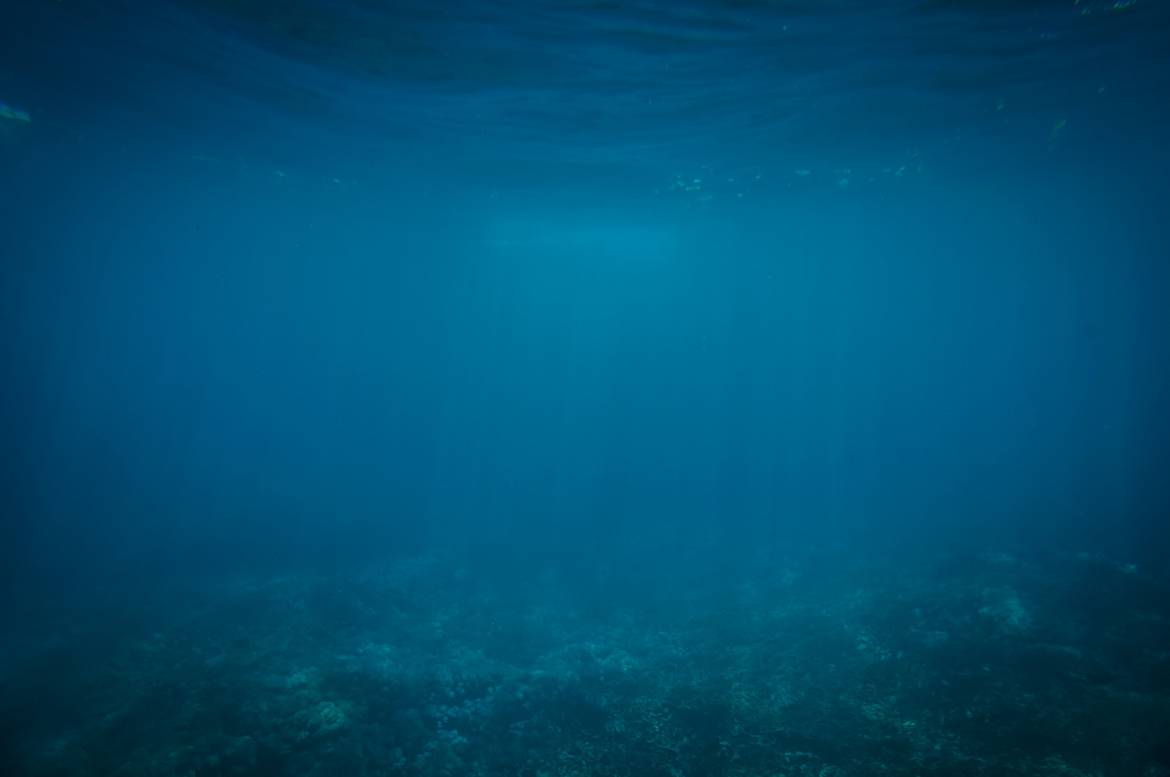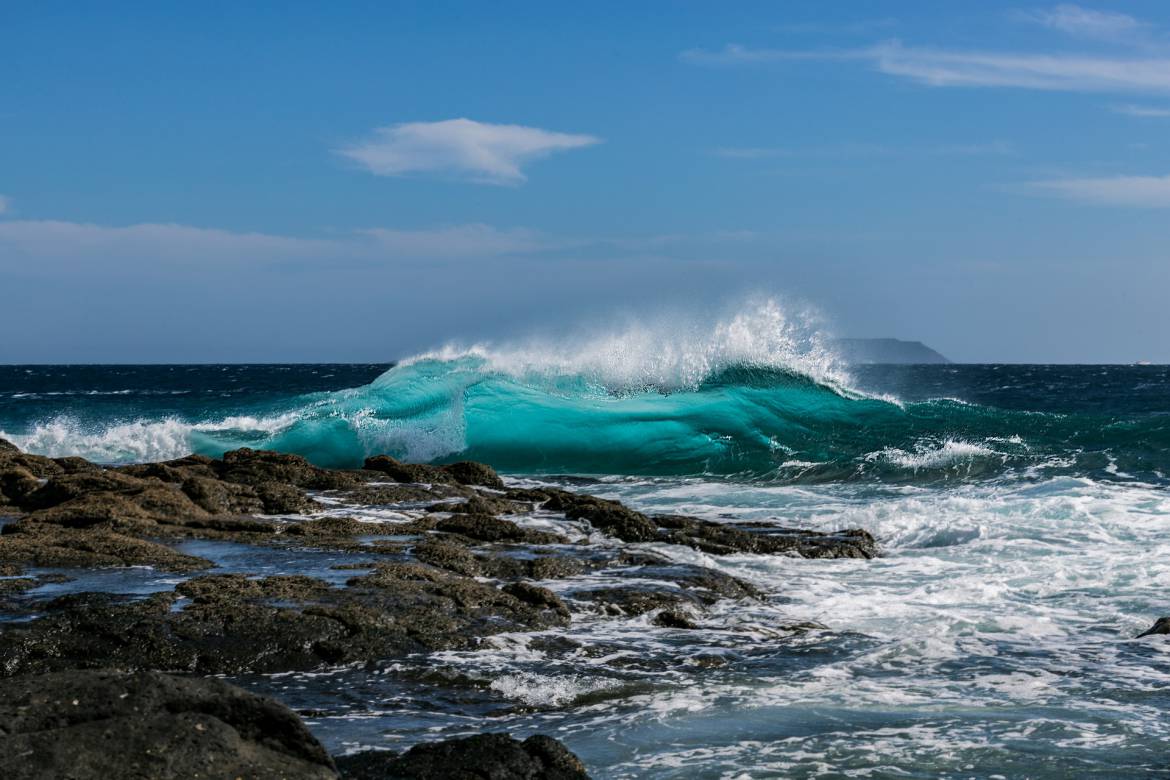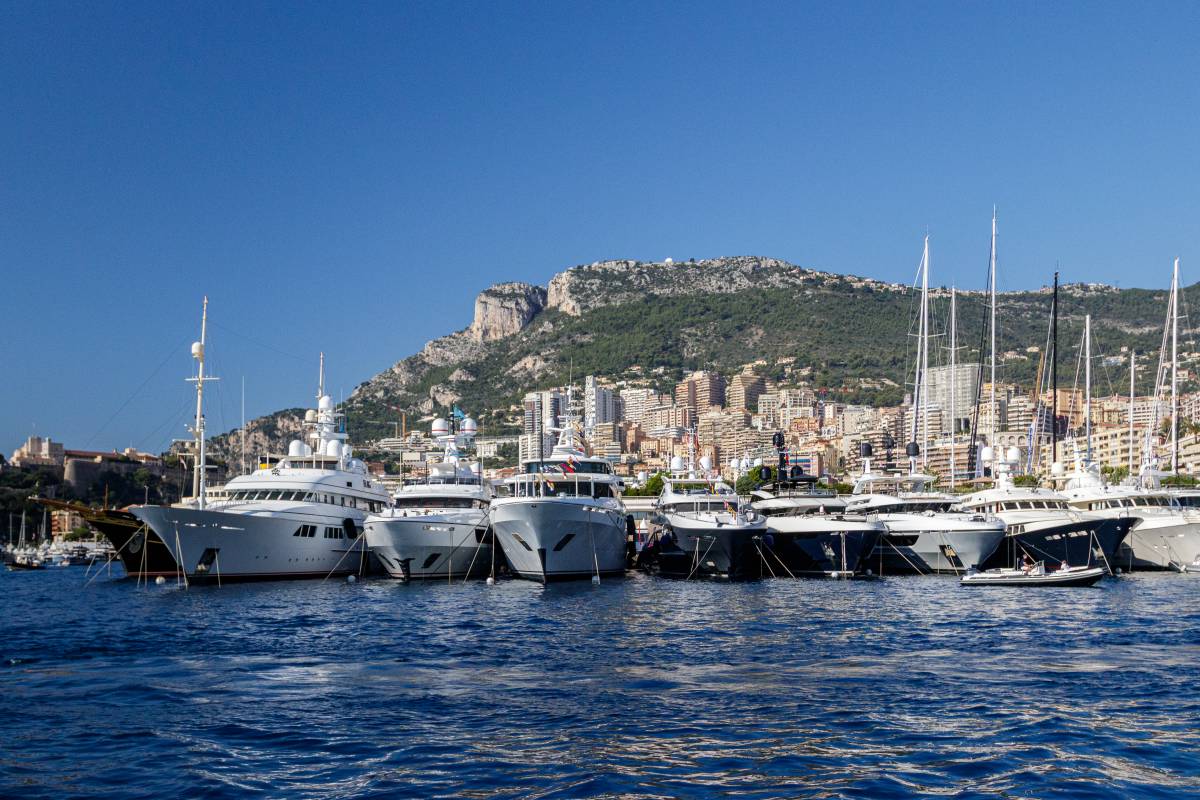The OceanoScientific Expedition, which will be examining contaminants in the Mediterranean, has been scheduled to depart Monaco on 15 October. The ambitious project had to be postponed due to the ongoing COVID-19 pandemic. The expedition will take sailer Yvan Griboval and a crew of a dozen people, including two scientists, on a route from Monaco to Marseille, Barcelona and Nador, Morocco.
On 15 October, Prince Albert II will launch the scientific event in Monaco. Two weeks later, when the crew return with their samples, studies will determine the presence of contaminants in the water. The list of contaminants the scientists will be measuring includes plastics and organic contaminants like toxic algae. After the samples have been analyzed, they will be publish their findings.
A 33.50-metre catamaran, renamed ‘Ocean Pearl’ will be transporting Yvan Griboval, President of OceanoScientific, on the cross-mediterranean adventure. The vessel was the winner of THE RACE in the year 2000. The purpose of the mission is to raise awareness about the causes and consequences of climate change and plastic pollution in order to protect the ocean and its biodiversity for the benefit of future generations.

“Exploring, understanding and reporting on the Ocean help us to foresee and preserve it,” Yvan Griboval stated on the OceanoScientific website.
The mission will also put a spotlight on the four partner NGOs who will be visited during the scientific adventure: Prince Albert II of Monaco Foundation, Pure Ocean in Marseille, Fundación Ecomar in Barcelona and Mohammed VI Foundation for the Protection of the Environment in Nador.
The OceanoScientific Association conducts oceanographic observations in regions and seas that have been seldom explored if at all. The association contributes to the global reach of the Principality of Monaco and promotes actions to safeguard the Environment.









